Current Sponsors and donors:
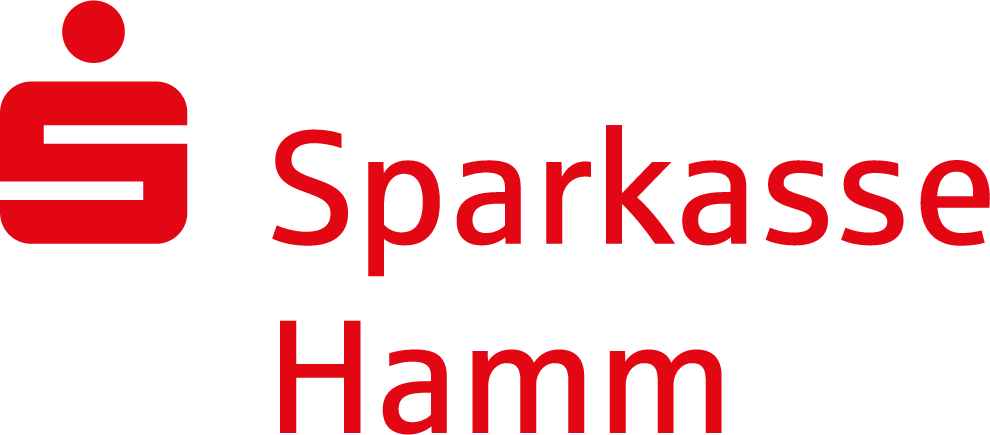
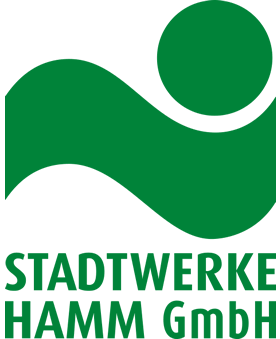
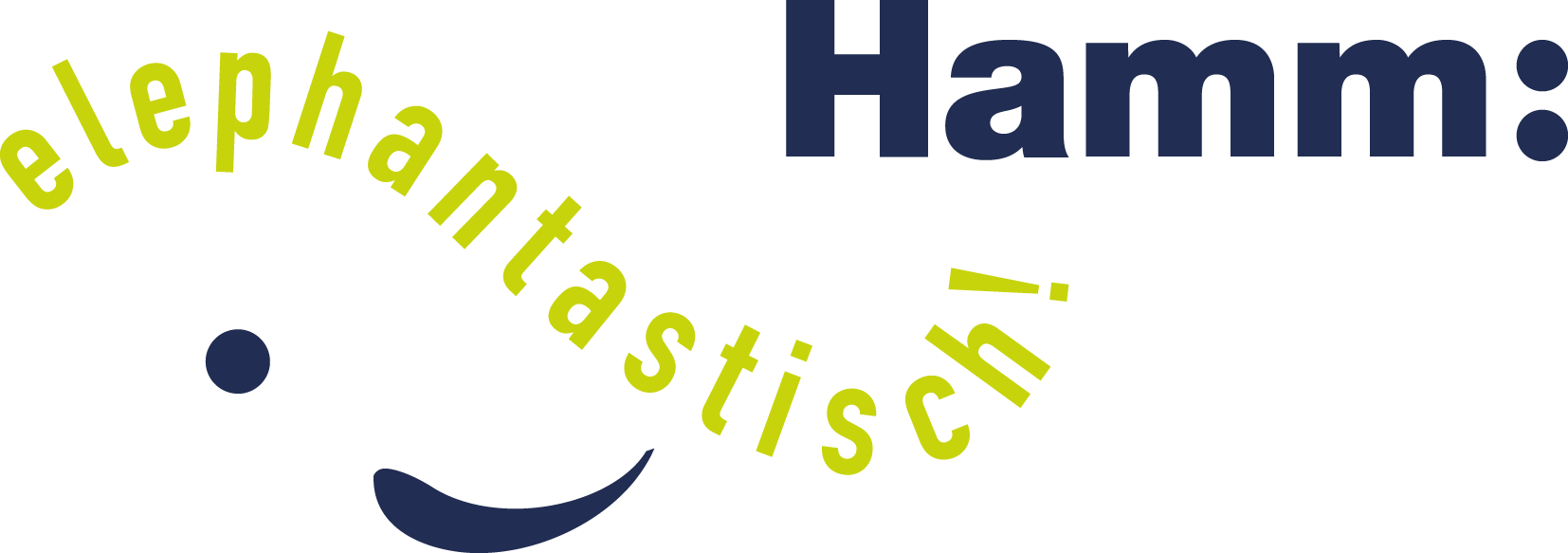
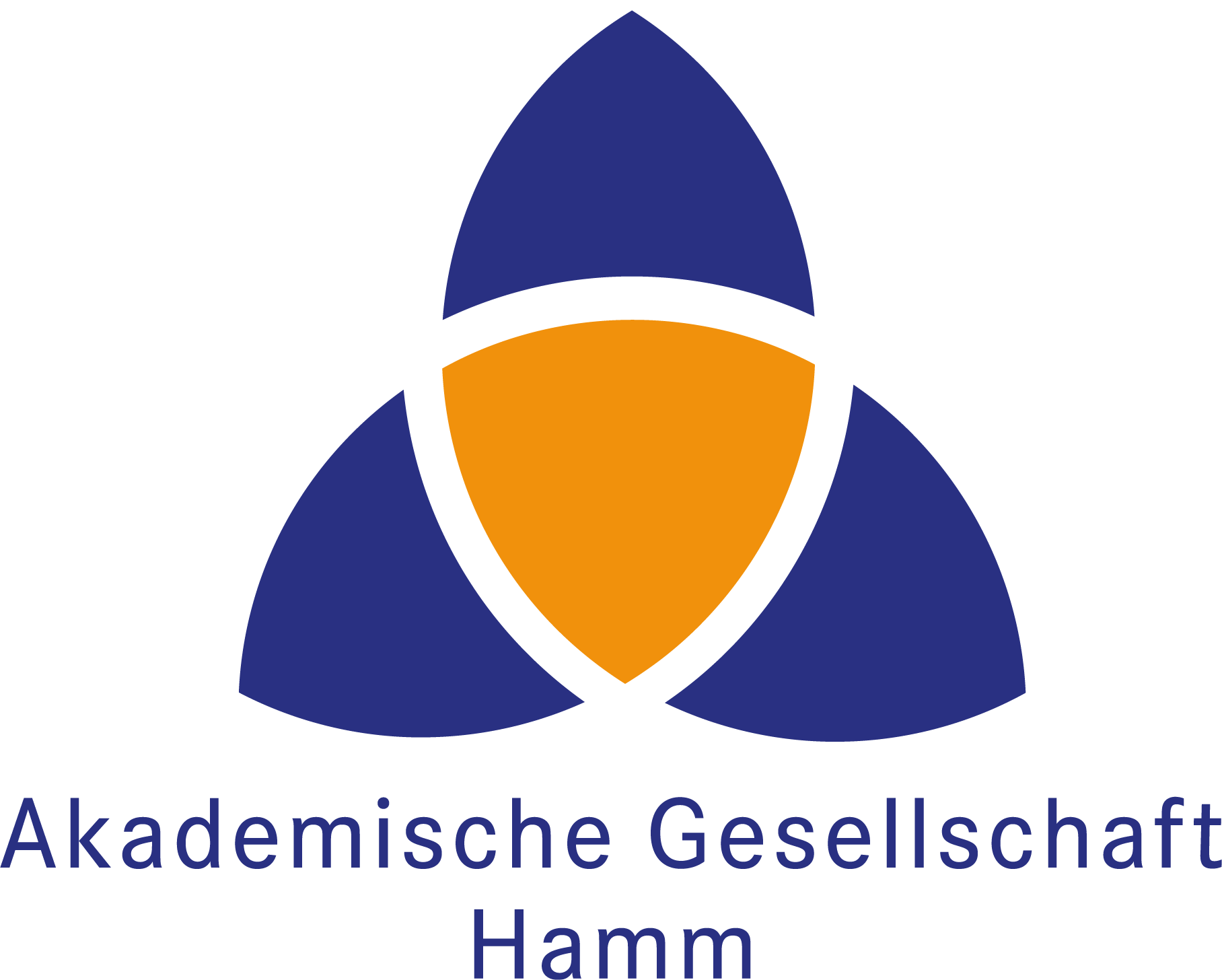
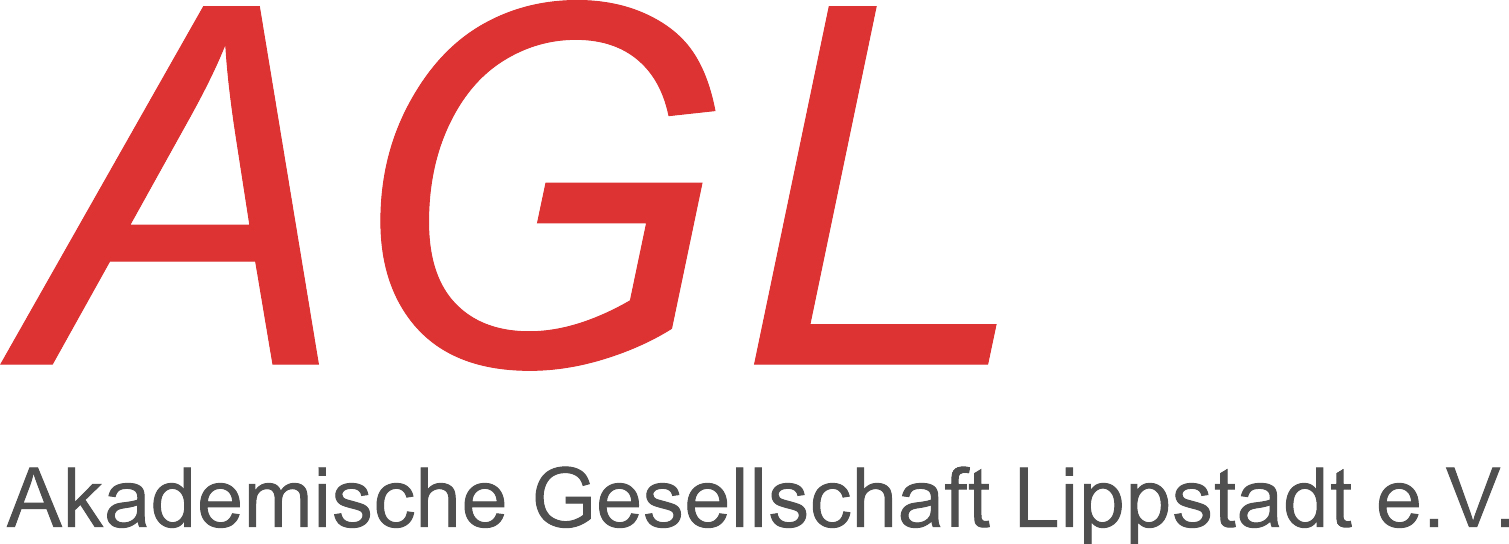




The nearest airport is the Düsseldorf (DUS) airport. The Cologne/Bonn (CGN) airport is also an option, although it is further than the Düsseldorf airport. Directly from both airports, you can catch a train to Hamm central station. Another option is arriving at the Frankfurt (FRA) airport.
To book a train trip to Hamm, please visit the following website: https://www.bahn.com/en.
If you prefer traveling to Hamm by bus, you can book a trip with Flixbus: https://global.flixbus.com/.
In the morning, you will attend academic lectures on the technologies of the German engineering business. Each lecture will be accompanied by a company visit covering the practical aspects of the course. Your afternoon will be filled with seminars discovering the socio-economic and cultural pillars of German engineering. Evenings are at your disposal. Selected extra-curricular events will be arranged during some evenings.
A detailed timetable will be available soon.
To get to know your lecturers and their respective topics check the course’s syllabus.
Hamm has a lot to offer! Check out the following section for more details.
The Universities of Applied Sciences are a vital part of the German higher education system. Around 40% of all students are enrolled at a university of applied sciences and the system keeps gaining popularity outside of Germany. With a position right at the transfer point of science and business, students get the best of both worlds combined. The students not only learn about latest scientific findings, but also about how those can be applied to business.
Learning in Universities of Applied Sciences takes place in relatively small groups, hence in a personal atmosphere and with a high teacher-student-ratio. The professors are required to have at least five years of practical experience in their field of teaching so that practical orientation and relevance of the content is guaranteed. Another speciality of universities of applied sciences is maintaining strong bonds with regional or international companies. They cooperate on projects, letting the students get highly relevant insights about business from early on. This way, useful connections can be made, and students get the chance to build a network early in their career. For the students, all of this leads to an easy entry into the professional work life and can open various job opportunities.









You might wonder what it means to be studying at a German university of applied sciences.
The universities of applied sciences are a vital part of the German higher education system. Around 40% of all students are enrolled at a university of applied sciences and the system keeps gaining popularity outside of Germany. With a position right at the transfer point of science and business, students get the best of both worlds combined. The students not only learn about latest scientific findings, but also about how they can be applied to business.
Learning in universities of applied sciences takes place in relatively small groups, hence in a personal atmosphere and with a high teacher-student-ratio. The professors are required to have at least five years of practical experience in their field of teaching so that practical orientation and relevance of the content is guaranteed.
Another specialty of universities of applied sciences is that they maintain strong bonds with regional or international companies. They cooperate on projects, letting the students get highly relevant insights about business from early on. This way, useful connections can be made, and students get the chance to build a network early in their career. For the students, all of this leads to an easy entry into the professional work life and can open various job opportunities.